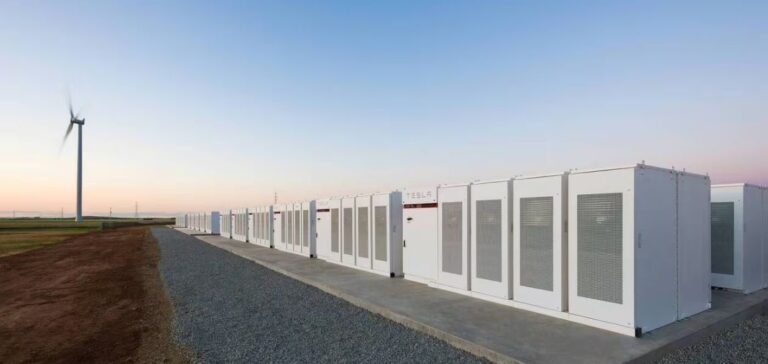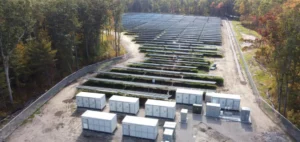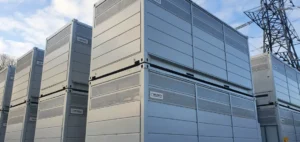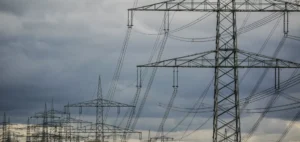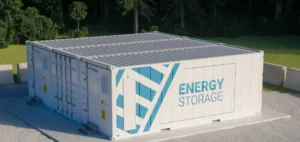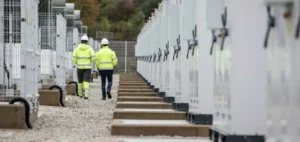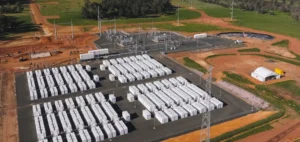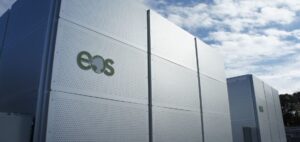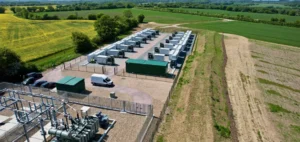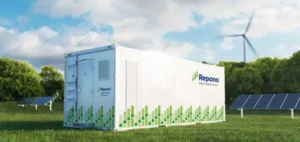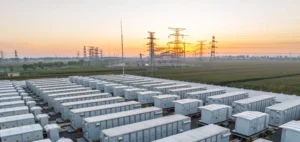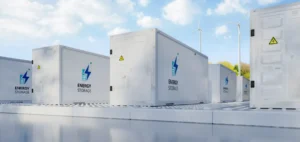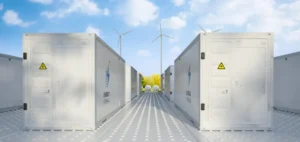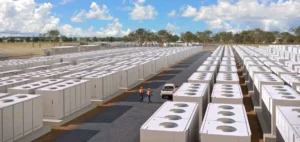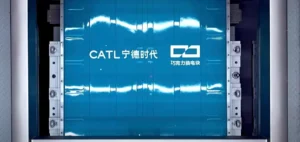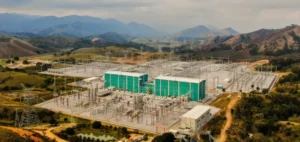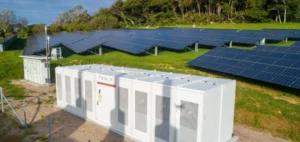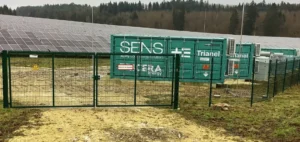In 2023, the deployment of battery systems, particularly in conjunction with renewable energies such as solar and wind power, increased by 130% on the previous year, adding 42 gigawatts of capacity to the global grid. At the same time, the transport sector saw a 40% increase in battery use, with almost 14 million new electric vehicles sold.
Crucial importance of batteries for climate targets
Fatih Birol, Director of theIEA (International Energy Agency), points out that the power and transport sectors play a key role in reducing CO2 emissions. Batteries, whose cost has fallen by over 90% in less than fifteen years, are now essential to support this transition. They are becoming more competitive than coal-fired power plants in India, and will soon be more competitive than coal-fired power plants in China and gas-fired power plants in the USA.
Future requirements and necessary expansion
To meet the international commitments made at COP28, notably to triple the deployment of renewable energies by 2030, global battery storage capacity needs to be increased almost sixfold, to 1,500 GW. This increase would enable optimal use of intermittent renewable energies, storing the excess electricity produced for redistribution at times of peak demand.
Production and diversification challenges
While the majority of batteries are currently produced in China, it is crucial to diversify supply chains. Almost 40% of new battery manufacturing projects are planned in advanced economies such as the USA and Europe. If these projects come to fruition, they could almost entirely cover the needs of these regions, reducing dependence on a single source of production.
The massive expansion of battery storage required between now and 2030 is a crucial challenge for achieving global climate objectives. Progress in reducing costs and diversifying supply chains will be decisive in supporting the integration of renewable energies into the global energy grid.

